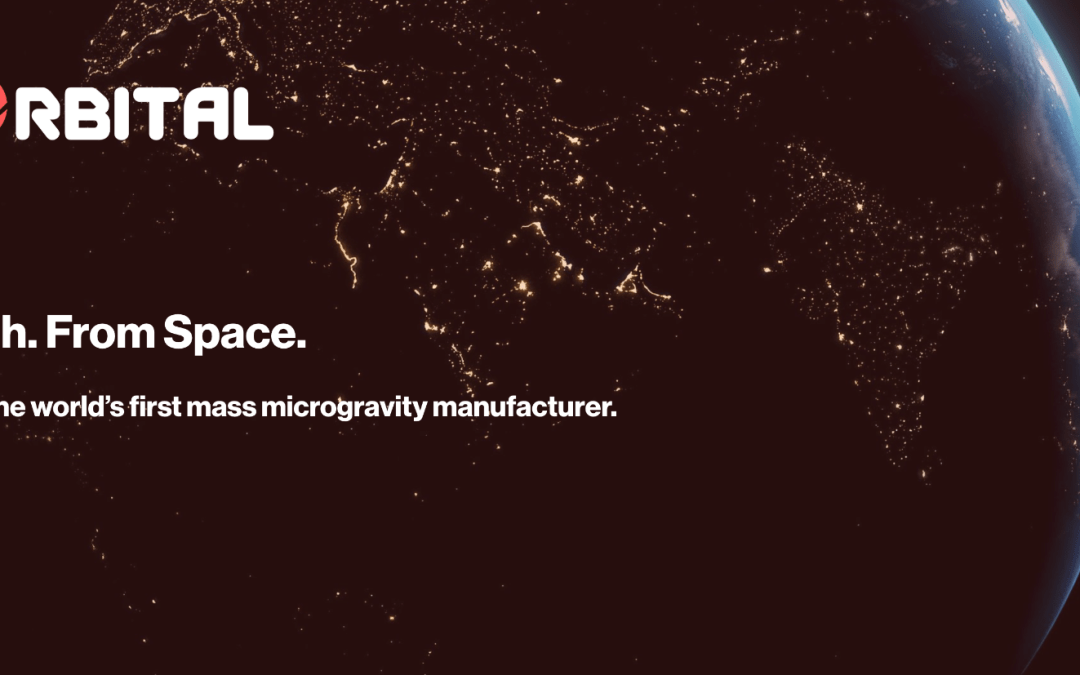Using a logistical innovation, reOrbital aims to become the first company to mass produce products in microgravity. The Hermosa Beach, Calif.-based company’s platform will also enable scientists to more quickly and affordably complete research projects in space.
The notion of manufacturing or conducting wide-ranging scientific experiments in space may seem far out, but growth in the private space industry has made this scenario more and more of a possibility.
“Space technology is about to go through a major leap where rockets will become reusable, which means they’ll be able to fly them much more frequently,” said Mike Gustafson, cofounder and chief operating officer of microgravity manufacturing startup reOrbital. “That’s really going to bring the cost of space travel down and open up a lot of economics that weren’t really possible before.”
As access to space becomes more affordable, Gustafson and reOrbital look to harness the power of microgravity – which provides the ability to enhance products and materials beyond their natural properties – to enable improvements in optics, nanomaterials, and semiconductors and help accelerate the growth of quantum.
Gustafson launched the company in 2022 with Steven Shumsky, who serves as reOrbital’s cofounder and chief executive officer. The pair were college roommates at the University of Maryland and both studied mechanical engineering. Post graduation, Gustafson joined the Marine Corps, where he worked as a pilot and pilot liaison. Shumsky entered the space industry, working for NASA and Lockheed Martin.
Their company’s innovative platform is designed to sit in reusable rockets and bring experiments and manufacturing equipment to space and return them safely to Earth.
The startup plans to focus first on supporting scientists whose work benefits from microgravity by providing the means to quickly and affordably send projects to space.
“Right now, microgravity researchers are limited to doing their work on the International Space Station, which can take months, or on zero-gravity airplanes,” Gustafson said. “But most projects don’t need months in a microgravity environment, they need days. So, by providing our platform and being able to offer quick-turn microgravity access, we’re going to be able to service a lot of people and answer the need for easier, more rapid access to space.”
In the second phase, reOrbital will support manufacturing and become a microgravity manufacturer themselves. The first product the company plans to produce is a fiber optic core made from a class of glass called ZBLAN. Fiber optics made of ZBLAN are highly desired for quantum applications because they provide performance characteristics an order of magnitude better than traditional cores. To reach these performance characteristics, however, ZBLAN must be processed in a microgravity environment.
“Quantum scientists and engineers are hungry for higher quality optics that don’t have the losses over long distances that we currently have,” Gustafson said. “ZBLAN, an ultra-clear type of glass, supports the ability of light to go through it between 10 to 100 times as far as conventional glass, allowing researchers to send quantum signals without any interference or disruption through a much longer line of network.”
Gustafson, a current student at the University of Chicago Booth School of Business, has taken reOrbital through several Polsky Center programs, including I-Corps and New Venture Challenge (NVC). His team placed second in the 2023 NVC, receiving $280,000 in investments. That total included a $25,000 Moonshot Award, which goes to the team whose technology is catalyzing innovative solutions to global challenges.
Over the next year, the company plans to focus on the engineering requirements of their platform, talking with customers to understand their requirements and implementing their feedback into the device. The co-founders aim to achieve flight readiness by the second quarter of 2025.
As a member of Duality’s third cohort, Gustafson said he feels lucky to have the opportunities the program provides to participants.
“It’s clear that they’ve put a lot of care and intention behind the Duality program,” he said. “I’m really looking forward to working with the network at Duality to identify business partners and develop relationships that will help us grow.”

